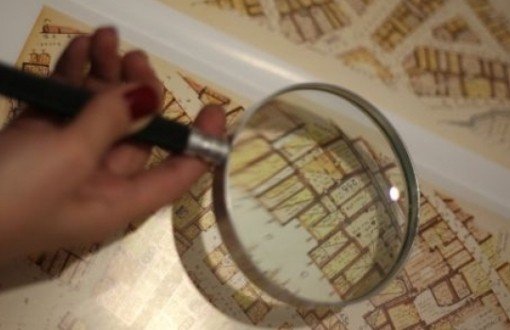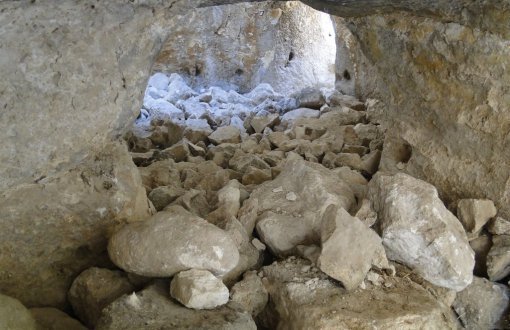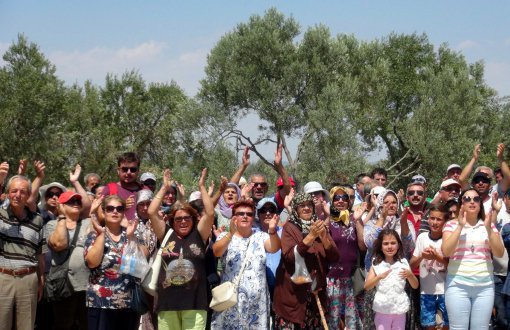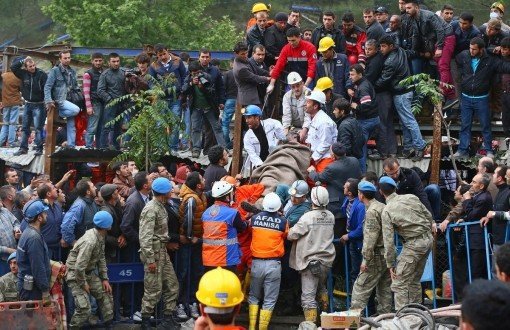Researchers responded Prime Minister Recep Tayyip Erdoğan’s claim that the Turkish archives are open for researchers on the Armenian Genocide in 1915.
”The General Staff archives are open on paper but virtually closed,” Boğaziçi University PhD student Mehmet Polatel told bianet. “Problems occur in open archives as a result of unclassification and/or lack of documents.”
Polatel is currently working on his PhD in the Institute of Atatürk’s Principles and History of Turkish Revolution on the confiscated Armenian properties and land issues in the Ottoman Empire era.
"There are telegrams but no responses"
“Even open archives do not consist of all documents,” Polatel said.
"Right now we have access to Ottoman and Republic archives that are in State Archives of Prime Ministry. We can see the documents, along with unclassified ones, particularly of Nezaret-i Dahiliye (now Internal Affairs) regarding genocidal era.
"Just because archives are open doesn’t mean that all documents are in there. By the end of World War I, the documents in the archives during the Republic are either destroyed or hidden.
"For instance, while sent telegrams to governors and subgovernors are present, we cannot find their responses in the archives. Such interferences gravely hamper researchers. Therefore, a comparative study of other archives for the genocide becomes a state of necessity."
"Military archives are de facto closed"
Regarding the military archieves, Polatel said the following: “The military archives are de facto closed and I do hope that, after the last statement of Prime Minister, these archives will be open.”
"Military archives are open to researchers on the paper. To say, you apply to the archives for research and you are replied after a-month evaluation. The subject you work on or your views directly affect the chance of rejection. No reason is stated for those who were rejected.
"Archiver would not show you any item if they do not want"
"If you are accepted to the research, you are only allowed to see documents relevant to your subject. You may not see the document you requested if the archivist deduces that it is not relevant to your subject. In fact, the unexpected documents on archive scan may be useful. Most archives in the world are like this. The most important improvement is the removal of limitation on such matter.
"Secondly, the military archives are not completely classified and the catalog system including document summaries is closed to public. This is why, we know what kind of documents are stored there from those who got to research there. Normally, this must be open in online to public. Moreover, all documents that belong to Ottoman era must be transferred to Ottoman archive. Such diversity of archives makes the research difficult."
"You can reach any document in the U.K."
Having previously researched in state archives of England, Polatel said:
"English archives are better in organisation and richer than the ones in Turkey in terms the number of classified documents. There is no limitation as to demanding documents. You can see any document you want. You can photograph the document you want for free . In Turkey, you have to pay for every document you photographed." (NV)
* Mehmet Polatel's entitled works are as follows “Confiscation and Destruction: The Young Turk Seizure of Armenian Properties” (Uğur Ü. Üngör ile, Continuum, 2011) (El koyma ve Yıkım: Jön Türklerin Ermeni Mülklerini Gaspı) ve “2012 Beyannamesi: İstanbul Ermeni Vakıflarının El Konan Mülkleri” (N. Mildanoğlu, Ö. L. Eren, M. Atılgan ile, Hrant Dink Vakfı, 2012).
* Click here to read the article in Turkish.











